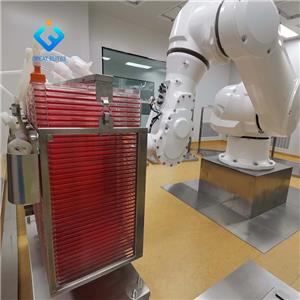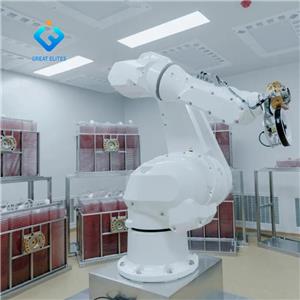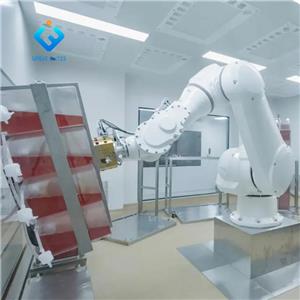Vaccine development
Vaccine development
In the long history of human beings, people have been seeking ways to get rid of various plagues and diseases, but there is only a short history to fight against diseases through vaccination. It was not until the 20th century that the routine vaccination of large populations was gradually popularized, and was increasingly widely known and accepted by the public.
Through vaccination, smallpox has been eliminated, polio cases have been reduced by 99%, infectious diseases such as diphtheria are rare, and the incidence rate of measles, neonatal tetanus and other diseases has decreased significantly. The impact of vaccines on human health cannot be overstated. The birth of each new vaccine is a great victory for mankind to defeat an infectious disease! Up to now, no medical measure can have such an important, lasting and far-reaching impact on human health as vaccine; There is no therapeutic drug that can eliminate a disease from the earth at an extremely low cost like a vaccine.
Vaccine is an automatic immune agent for preventing infectious diseases, which is made of pathogenic microorganisms (such as bacteria, rickettsia, viruses, etc.) and their metabolites through artificial virus reduction, inactivation or genetic engineering. The vaccine retains the characteristics of the immune system of the pathogen stimulating agonists. When the human body is exposed to this harmless pathogen, the immune system will produce certain protective substances, such as immune hormones, active physiological substances, special antibodies, etc; When the human body is exposed to this pathogen again, the human immune system will follow its original memory and produce more protective substances to prevent the damage of the pathogen.
Since our ancestors invented human pox and Jenner invented cowpox, the development of vaccines has experienced many revolutions in the past two hundred years. Each time, corresponding research achievements have been applied to resist and treat diseases and protect human health. Today, the application of vaccines not only makes some severe infectious diseases effectively controlled or eliminated, but also widely used in family planning and the prevention and treatment of tumors, autoimmune diseases, immunodeficiency, hypersensitivity and other diseases. It is undeniable to prove that vaccines have made great contributions to human health security, quality of life improvement and social development.




